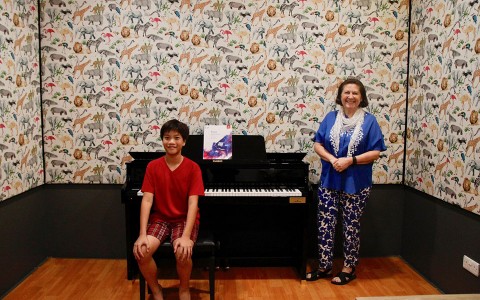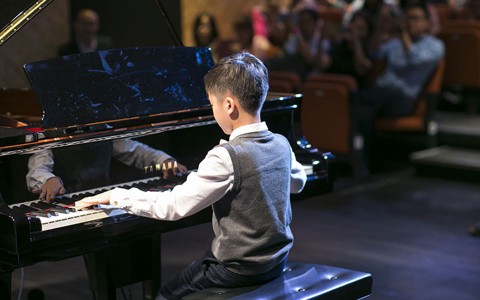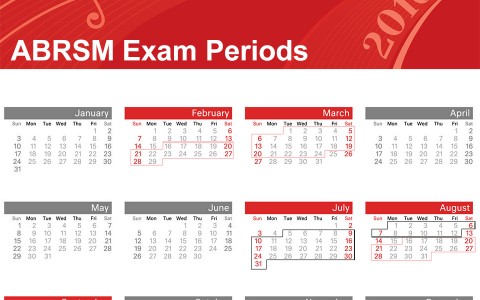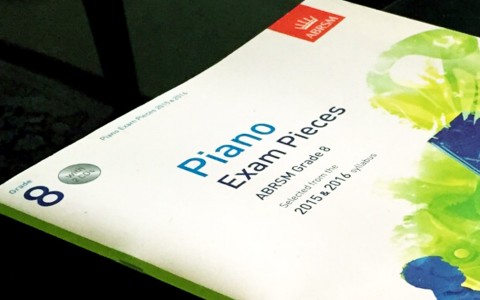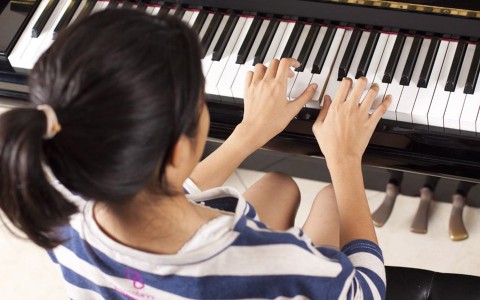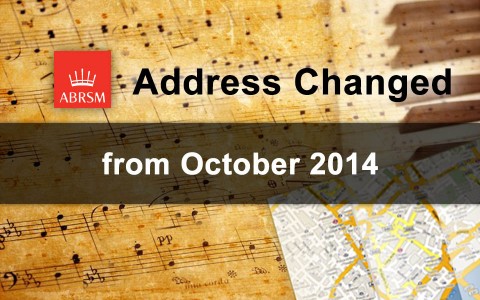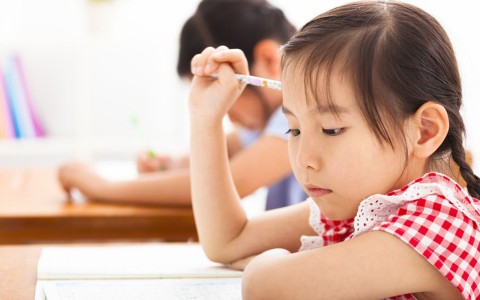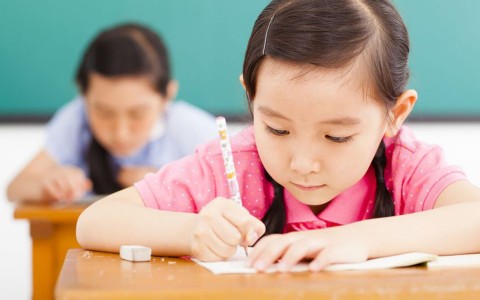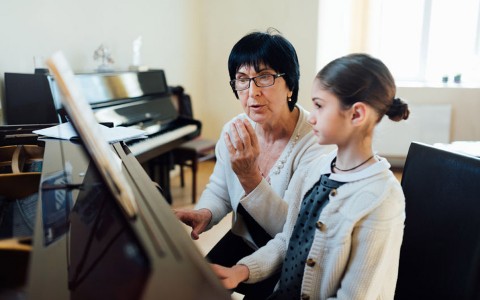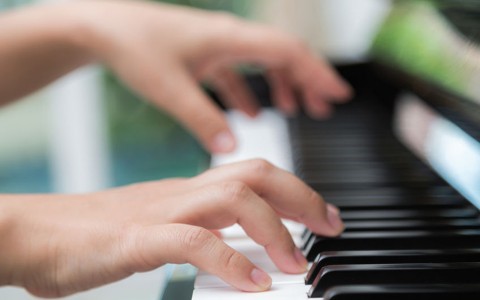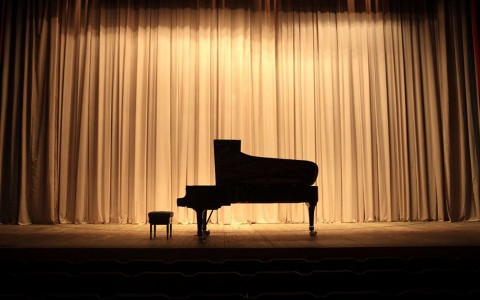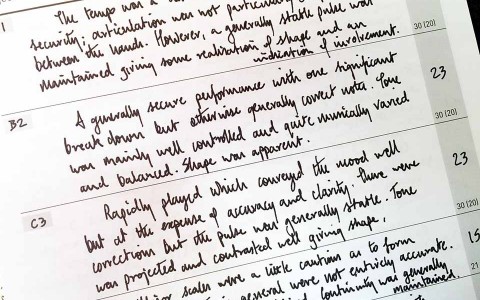Embarking on the musical journey of learning the piano can be a thrilling and enriching experience for children. However, as a parent, it's essential to discern whether your child is genuinely ready to start this adventure. Knowing the right time to begin piano lessons can set the stage for a lifelong love of music and learning.
Age is Not Just a Number
While there isn’t a one-size-fits-all age for starting piano lessons, most experts agree that the ideal range is between 5 and 9 years old. This age bracket is significant as children typically develop the necessary physical and cognitive abilities to understand and follow instructions, as well as the physical dexterity required to play the instrument.
Finger Flexibility and Hand Size
Piano playing requires a certain level of finger strength and flexibility. Children should be able to place their hands on the piano keys with ease and move their fingers independently. If your child struggles to do this, it might be worth waiting a little longer or engaging in activities that build finger strength and dexterity.
Interest and Enthusiasm
One of the most crucial indicators of readiness is your child’s interest in music and the piano. If they show a natural curiosity, such as trying to play the keys on their own or asking about music, it’s a strong sign that they are ready to start lessons.
Focus and Attention Span
Piano lessons require a degree of concentration and the ability to sit and focus for extended periods. Observe if your child can engage in activities that require attention, such as reading a book or completing a puzzle, for at least 20-30 minutes. This skill is vital for making the most out of their piano lessons.
Understanding the Commitment
Starting piano lessons is a commitment that involves regular practice and attending lessons. It’s important to discuss this with your child to ensure they understand and are willing to commit to the routine.
Emotional Maturity
Emotional maturity plays a significant role in learning an instrument. Children who can handle mild frustration and are willing to persevere when things get challenging are more likely to succeed and enjoy their piano lessons.
Supportive Home Environment
A supportive home environment is crucial for a child starting piano lessons. This includes having a piano or keyboard at home, a quiet place to practice, and encouragement from family members.
Deciding if your child is ready for piano lessons involves a mix of assessing physical capabilities, emotional maturity, and interest in music. It's also about creating a supportive environment that encourages their musical journey. If your child shows readiness in these areas, they are likely to have a rewarding and enjoyable experience learning the piano.


